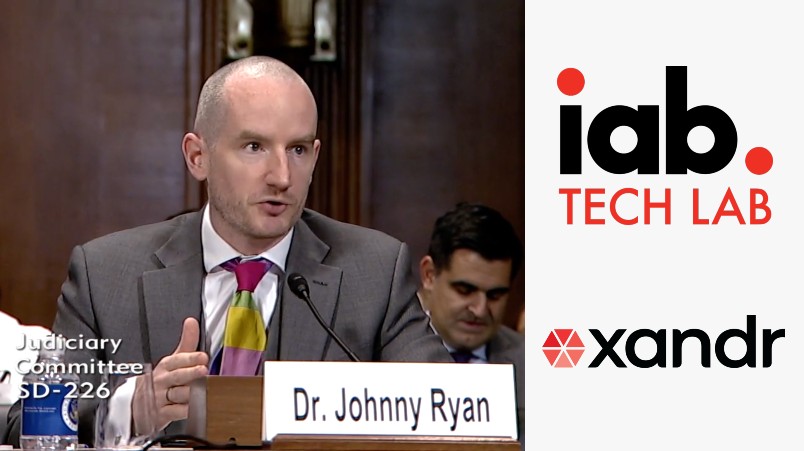Google seeks redundancies in search and ad business units as break-up looms

As the days count down to two US judges' decisions on how to break-up Google's monopolies on search and advertising, the tech giant has begun offering redundancy deals to staff in those two business units.
Voluntary redundancy offers were made yesterday across Google's US teams focused on search and the ads organisation, according to a scoop by The Information.
It comes nine weeks before a judge is due to rule on remedies to end Google's 91 per cent grip on search, and a second judge rules on how to break-up its ad tech.
Nick Fox, who runs Google's knowledge group, which includes search and ads, sent a mail to staff offering the buyouts, and adding they were only at US employees so far.
The Information reported that the offer was likely to come before Google begins downsizing in preparation for the break-up.
Google has lost three antitrust cases brought by the US Department of Justice against its dominance of the Android app store, search and search ads, and its ad tech infrastructure.
The DoJ has demanded that Google sells its Chrome browser and releases data on how its search engine works to free up competition in the search space.
It has also demanded that Google is forced to sell off its Google Ad Manager (GAM) ad server, and ad exchange AdX, and reveal the inner workings, pricing, and tech of its ad stack.
While the judges have yet to rule on exactly what the remedies will be, it is clear Google is downsizing to prepare for major changes which will impact its US$350 billion annual income.
Google has already officially stated will appeal, leading many publishers to fear a multi-year delay before meaningful changes arrives in market.
To counter this, the DoJ has issued a demand that 50 per cent of Google's revenues from GAM and AdX are placed in escrow.
This would have the effect of locking away $11 billion of its annual earnings, backdated more than two years, and which will grow over each year the appeals continue.
The DoJ aims for the money to then be released to publishers and the ad industry to aid their transition and cover their switching costs to new ad tech solutions.
Google has officially opposed the move, arguing it delivers unmatched value to publishers and advertisers.






